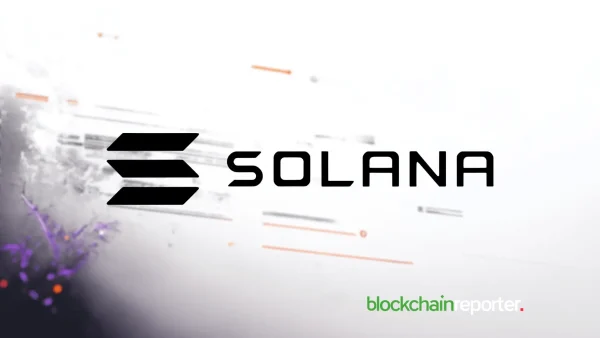
One of the largest stablecoin issuers in the world, Tether, has accused The Wall Street Journal (WSJ) of publishing and spreading false information about the company and its practices. According to the company, the WSJ’s recent story on Tether’s compliance practices gives the impression that the stablecoin issuer operates on the borders of regulation. However, Tether adheres to strict financial standards and regularly collaborates with law enforcement agencies around the world.
Tether Accuses WSJ of Misleading Coverage and Claims Strong Ties to American Government
Tether has claimed that it has strong ties to the American government, specifically the Justice Department and other influential American government agencies, even though it does not offer its services to people in the United States. The majority of the 84 stories published by the WSJ in 2021 and 2022 regarding or discussing Tether were critical. The company has accused the WSJ of continuing to report stale, incorrect, and deceptive coverage against Tether.

Tether has defended its compliance procedures and regulatory collaboration by saying it has regulations and processes. It will stop criminals from using its platform to engage in illegal activities. It includes money laundering, terrorist funding, nuclear proliferation, and bans evasion. Tether has established and continues to improve its excellent compliance procedures. It makes a trustworthy partner for law enforcement agencies around the world.
Tether Accuses WSJ of Misleading Coverage and Emphasises Stability during Market Volatility
The stablecoin issuer has also noted that, despite the high-profile failures of FTX, Genesis, and Celsius. WSJ has rarely focused on the correct targets in its coverage of the tether crisis. Despite claims to the contrary, Tether has been able to realize its goals of greater transparency and regulatory cooperation. Tether has demonstrated its stability during periods of market volatility by redeeming over 10% of outstanding USD, or USD 7 billion, in just 48 hours during the Terra Luna crash. Tether has proven that it can continue to operate as its customers expect it to by successfully processing roughly $20 billion in redemptions from market highs to lows.

Tether has concluded that the WSJ has published and spread misleading information about its operations. Despite this fact, it strictly adheres to stringent financial standards and works closely with law enforcement agencies around the world. Furthermore, the stablecoin issuer has defended its compliance procedures and regulatory collaboration. It emphasizes the stability of the stablecoin even in times of market volatility. Tether has urged investors and consumers to do their research before making decisions. It has also called on traditional media outlets to report more accurately and impartially.








